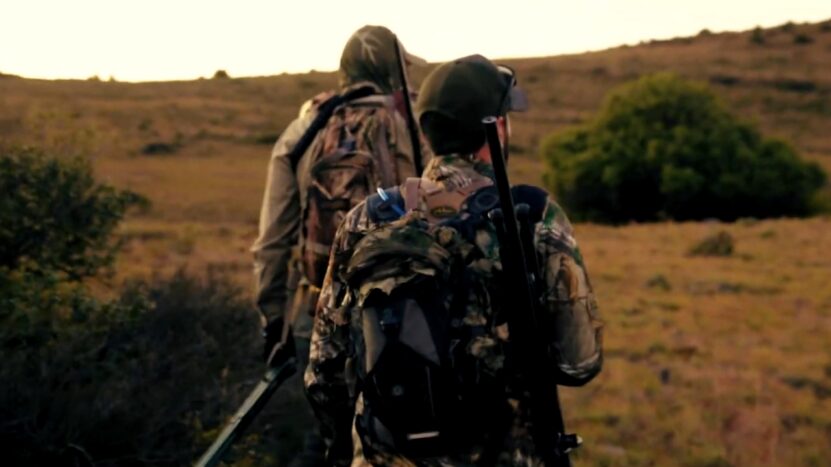Hunting has been a part of human culture for centuries and is still important in many U.S. Midwest communities.
It’s not just a hobby; it’s vital for the economy and a way of life. Hunters help manage wildlife populations, keeping ecosystems balanced and preventing habitat destruction as part of the North American Model of Wildlife Conservation.
Despite some controversies and misconceptions that hunting is cruel or unnecessary, regulated hunting actually supports conservation and rural economies.
Funding from sources like the Pittman-Robertson Act and opportunities to engage with wildlife help maintain healthy animal populations for future generations.
Ethical Hunting Practices
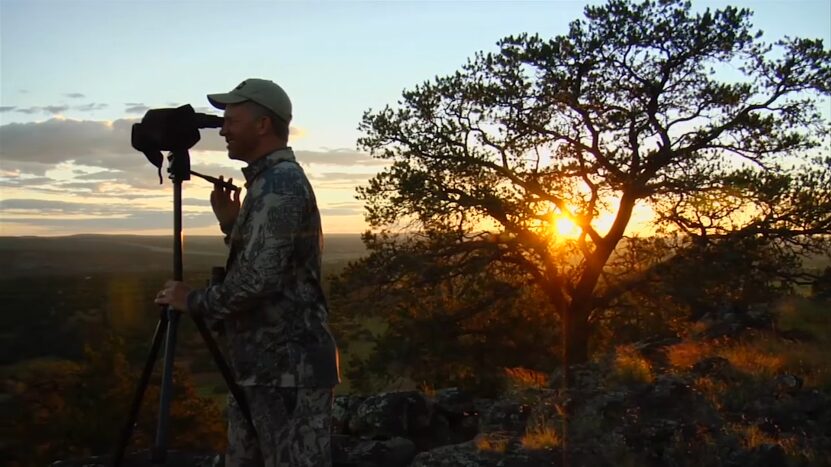
Ethical hunting focuses on a set of principles and practices that emphasize the well-being of the pursued wildlife and the ecological system. Beyond compliance with legal standards, ethical hunters show a profound respect for animals, their habitats, and the ecosystem. They value fairness, sportsmanship, and responsible decision-making throughout their hunting activities.
Treating Animals with Respect
Respecting game is a cornerstone of ethical hunting. Hunters ensure minimal suffering by using techniques that guarantee proper shot placement for a swift, humane kill. This involves meticulous follow-up with appropriate field dressing and handling of the game.
Additionally, ethical hunters aim to reduce stress and disturbances to non-target wildlife during their pursuits. They also consider environmental impacts, employing eco-friendly products made from coconut husk for camouflage and hunting gear, thus minimizing their footprint on natural habitats.
Following Hunting Regulations
Adhering to regulations set by state wildlife management agencies is essential for ethical hunting. These regulations include bag limits, hunting seasons, and specific harvesting restrictions, all designed to protect wildlife populations and promote sustainable hunting practices. Following these rules is key to the long-term conservation of species and their environments.
| Regulation Type | Description |
|---|---|
| Bag Limits | Limits on the number of animals that can be taken |
| Hunting Seasons | Designated times of the year when hunting is allowed |
| Harvest Restrictions | Specific rules on the types of animals that can be harvested |
Upholding the Principle of Fair Chase
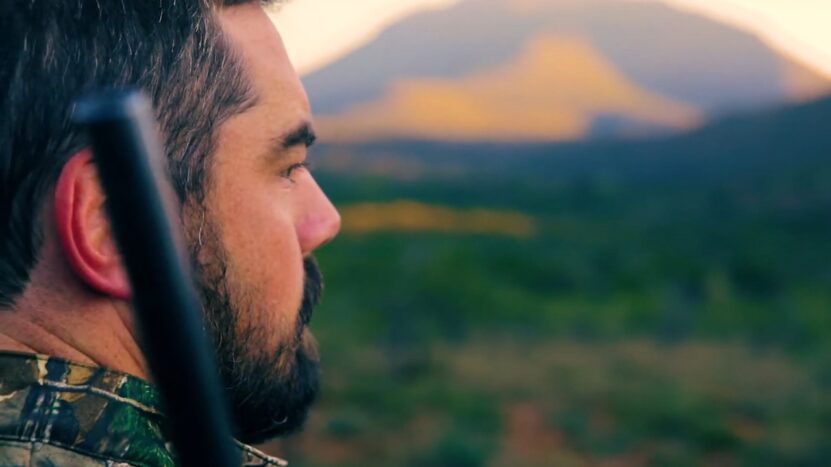
Fair chase is an essential principle upheld by prominent organizations like The Boone and Crockett Club. It involves hunting game animals in a way that ensures they have a fair chance to evade capture or detection. This principle maintains the natural balance of predator-prey relationships.
Ethical hunters avoid using unfair advantages such as high fences, excessive baiting, or illegal methods that undermine the integrity of the hunt. Notably, animals taken under fair chase principles are eligible for recognition in respected trophy records like those maintained by The Boone and Crockett Club.
By adhering to ethical hunting practices, hunters play a vital role in ensuring the sustainability of wildlife populations. They demonstrate their commitment to conservation, maintaining the environmental responsibility of the sport.
Such practices not only benefit wildlife conservation but also help shape a positive public perception of hunting. By focusing on animal welfare, following regulations, and promoting fair chase principles, hunters contribute to a deeper appreciation of hunting as a tool for ecological balance and habitat preservation.
Benefits of Hunting for Conservation
Hunting is a key method for controlling wildlife populations, especially in regions lacking natural predators. By carefully selecting specific species, sex, or age classifications, hunters help to avoid overpopulation issues that can lead to habitat destruction, disease outbreaks, and resource competition.
This strategy preserves ecological balance and supports the health and sustainability of various wildlife populations.
Conservation Funding Through Licenses and Excise Taxes
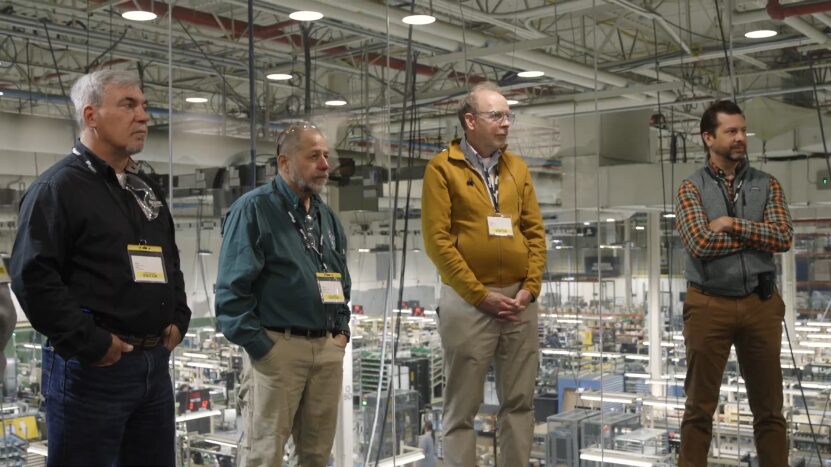
Hunters play an essential role in funding conservation efforts through the purchase of hunting licenses and permits. These contributions directly support wildlife management agencies and initiatives for preserving wildlife.
Furthermore, the Pittman-Robertson Act allocates funds from taxes on archery equipment, firearms, ammunition, and other hunting-related expenditures to conservation projects. These excise taxes are vital for financing habitat restoration, species conservation, and scientific research.
Habitat Preservation and Advocacy
Hunters frequently champion habitat conservation and restoration efforts. They recognize the importance of healthy habitats for sustaining robust wildlife populations. Organizations such as The Boone and Crockett Club and the Rocky Mountain Elk Foundation often see strong support from hunters.
These groups focus on land preservation, benefiting numerous species beyond those targeted by hunters. By advocating for and investing in habitat conservation, hunters contribute significantly to maintaining biodiversity and ensuring the survival of a variety of plants and animals.
Conservation Achievements in the Midwest
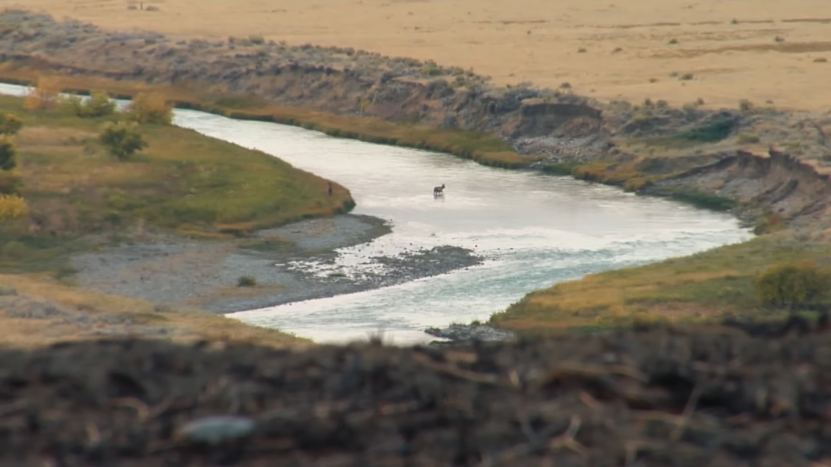
In the Midwest, states like Minnesota have experienced significant conservation successes thanks to hunting initiatives. Species such as white-tailed deer, wild turkey, and waterfowl have seen substantial recoveries due to sustainable hunting practices, effective habitat management, and targeted conservation programs.
For instance, white-tailed deer populations have rebounded from 300,000 in 1890 to around 36 million today, demonstrating the powerful impact of ethical hunting and dedicated conservation efforts. These achievements illustrate how responsible hunting can lead to thriving wildlife populations and successful conservation outcomes.
The successful stories of species recovery in the Midwest serve as clear examples of how ethical and sustainable hunting practices can support and enhance wildlife conservation. Deer, turkey, and other species have rebounded impressively, providing evidence of hunting’s positive role in ecological management.
Specific Conservation Challenges and Initiatives in the Midwest
The Midwest holds a deep hunting culture, tightly linked with conservation activities. This region’s hunters have developed a profound connection to nature through traditions passed down over generations, emphasizing ethical practices and wildlife preservation.
Yet, the Midwest faces several distinct conservation challenges. The effective management of deer populations and the mitigation of diseases like Chronic Wasting Disease (CWD) and avian influenza are major concerns. Furthermore, preserving wetlands and waterfowl habitats is crucial, as is balancing predator and prey species.
Climate change exacerbates these challenges with increasing storm intensity and rising temperatures. Midwest conservation groups, hunting associations, and state wildlife agencies collaborate to tackle these issues through research, habitat restoration, and public education programs.
Ethical hunting remains central to these efforts, showcasing its importance in sustaining wildlife and their environments. By combining historical practices with modern conservation strategies, these initiatives aim to maintain the region’s ecological balance.
The Role of Hunters in Conservation

Hunters often emerge as dedicated supporters of conservation organizations. Acting as advocates, they not only donate their time but also provide valuable resources and expertise.
By participating in these groups, they influence policies, promote sustainable practices, and safeguard wildlife habitats. Their involvement ensures that the needs of both ecosystems and hunting communities are balanced.
Volunteer Efforts and Habitat Restoration
Understanding their environmental impact, many hunters engage in volunteer activities aimed at habitat restoration. These activities include tasks such as planting trees, restoring wetlands, and conducting wildlife surveys.
Such hands-on efforts are critical in maintaining and improving natural ecosystems. These contributions foster healthier habitats, which support a diverse range of species and promote ecological balance.
Education and Outreach Programs for Future Generations
Hunters also play a pivotal role in educating younger generations about the significance of conservation. Through educational programs and mentorship, they impart knowledge about ethical hunting, wildlife management, and habitat preservation.
Initiatives like the R3 (Recruitment, Retention, Reactivation) program are particularly noteworthy. R3 focuses on bringing new hunters into the community, retaining current hunters, and reengaging those who have stopped hunting. By teaching respect for nature and the principles of conservation, hunters help develop future stewards of the environment.
Hunters’ multifaceted involvement highlights their commitment to conservation. By advocating for conservation organizations, engaging in habitat restoration, and educating future generations, they demonstrate responsible stewardship.
Their actions underscore the potential for hunting to coexist with and contribute to the preservation and enhancement of wildlife and natural habitats. By linking their recreational pursuits with conservation efforts, hunters play a crucial role in promoting sustainable ecosystems.

